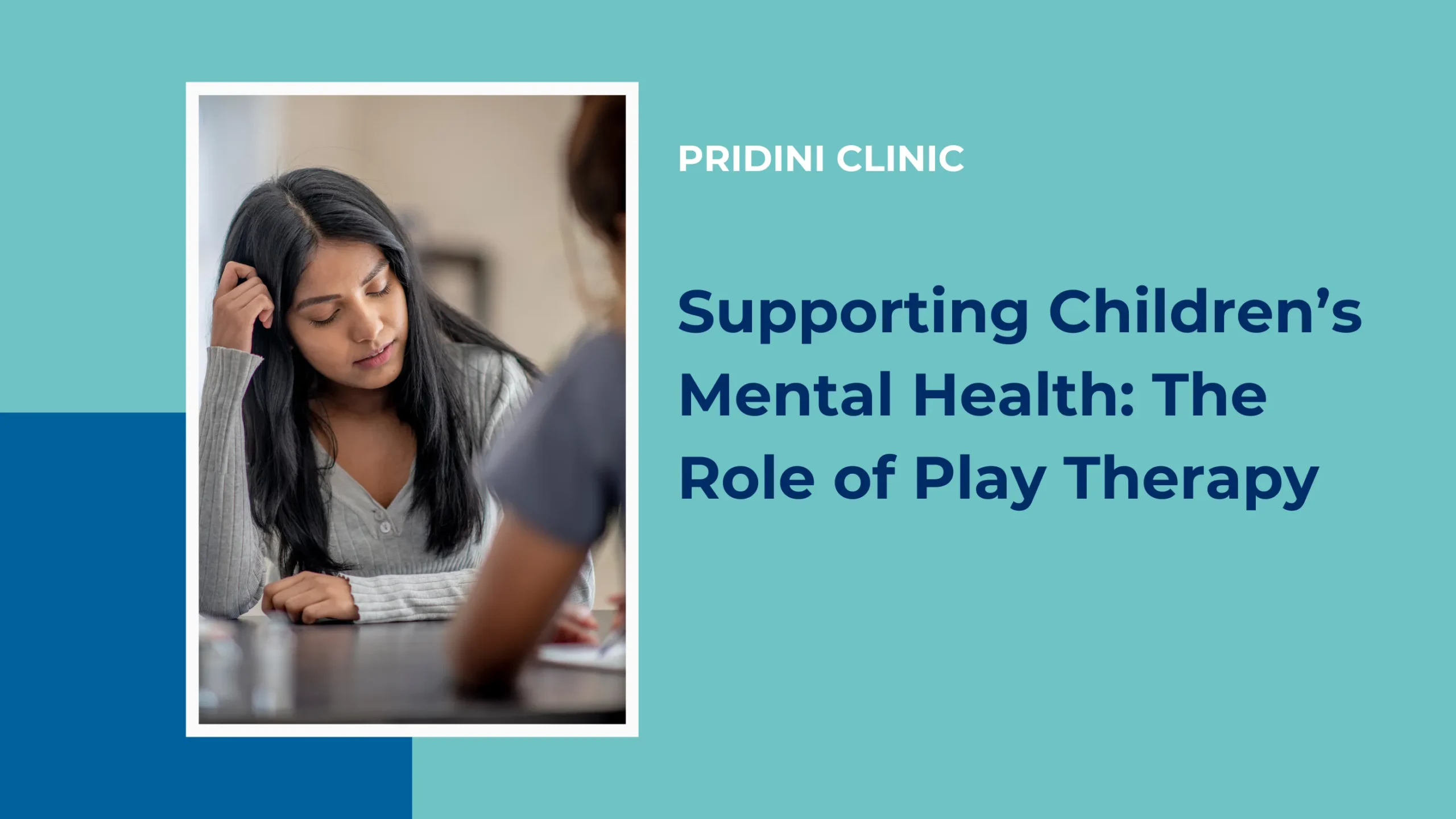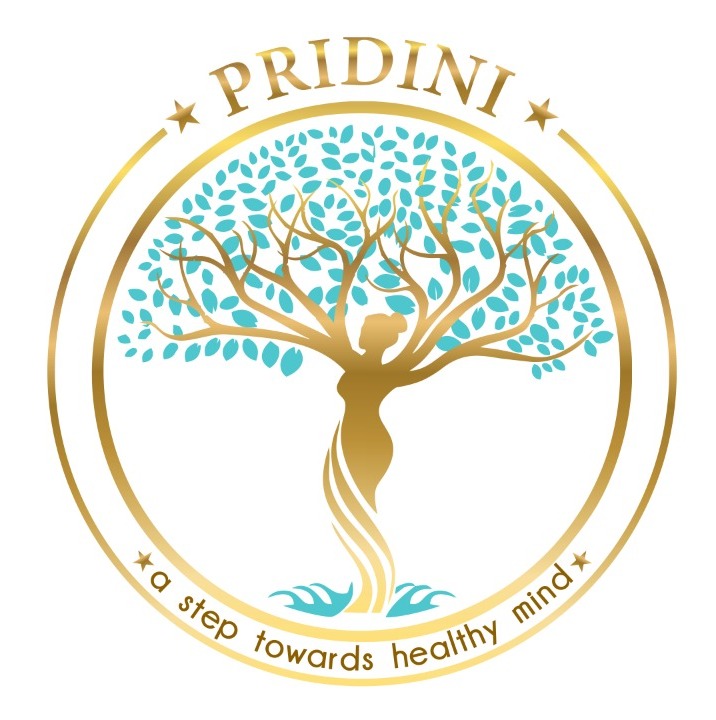
Children’s mental health is a crucial aspect of their overall well-being, and supporting it requires approaches that are both effective and age-appropriate. One such approach is play therapy, a therapeutic method specifically designed to help children express their emotions and work through various mental health challenges. At Pridini Clinic, we recognize the importance of addressing children’s mental health through techniques that resonate with their developmental stage. This blog explores the role of play therapy, how it helps children express emotions, the common issues it addresses, the involvement of parents, and the benefits it offers for childhood development.
Play therapy is a form of psychotherapy that uses play as a medium for children to express their feelings, thoughts, and experiences in a safe and supportive environment. Since children often lack the verbal skills to articulate complex emotions, play therapy provides a natural and comfortable way to communicate. In play therapy, toys, games, and creative activities serve as tools that help children process their emotions and resolve psychological issues.
Therapists trained in play therapy guide sessions in a way that allows children to explore their inner world. Through observation and interaction during play, therapists gain insights into a child’s emotional state, helping them understand the child’s challenges and determine the best course of treatment.
Children express themselves naturally through play. In a play therapy session, the structured environment allows children to project their feelings onto toys, dolls, or drawings, which they might find difficult to express in words. For instance, a child who feels anxious might play out scenarios with a toy that mirrors their fears, giving the therapist clues about the underlying causes of their anxiety.
Through this process, children can safely explore difficult emotions, such as anger, sadness, or fear, in a natural way. The therapist then helps the child understand these emotions, develop coping strategies, and work through the issues causing distress. Over time, this helps children gain control over their emotions, improving their ability to navigate challenges in everyday life.
Play therapy is effective for a wide range of mental health issues and behavioral challenges in children. Some common problems that play therapy addresses include:
Parental involvement is key to the success of play therapy. While the therapy sessions primarily involve the child and the therapist, parental involvement is essential for reinforcing progress outside of sessions. Therapists often work closely with parents to provide insights into their child’s behavior and emotional needs, offering guidance on how to support their child’s development at home.
Parents may be asked to participate in some sessions or continue certain activities at home that align with the therapeutic goals. By staying engaged in the process, parents can help their children feel supported and understood, which is critical for the therapy’s effectiveness.
Play therapy offers numerous benefits for childhood development. It helps children develop emotional resilience, enhances their problem-solving skills, and improves their ability to communicate. By addressing mental health challenges early, play therapy can prevent more severe issues from developing later in life.
Additionally, play therapy fosters creativity and self-expression, which are vital for a child’s overall development. As children learn to manage their emotions and build healthy relationships, they are better equipped to navigate the complexities of growing up.
At Pridini Clinic, we are committed to supporting your child’s mental health through compassionate and effective therapies like play therapy. Contact us today to learn how play therapy can benefit your child’s emotional and psychological well-being.

